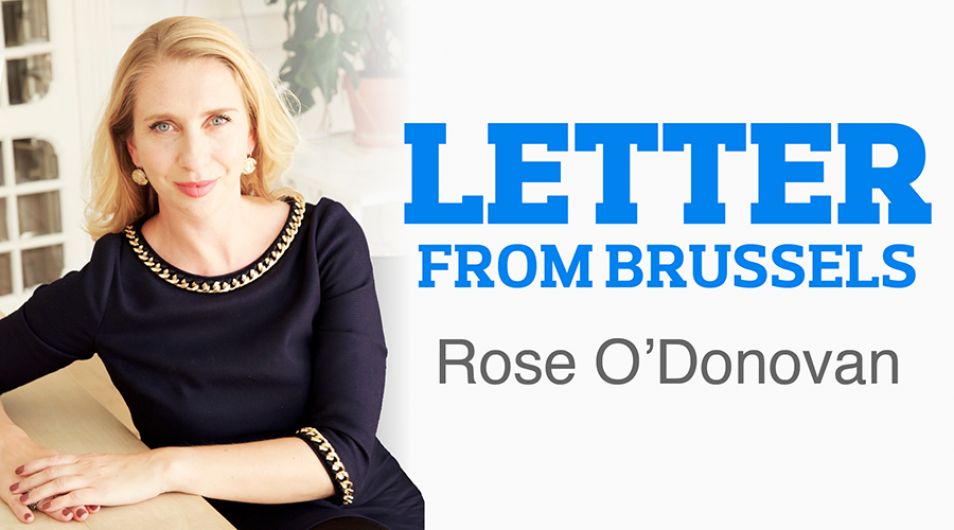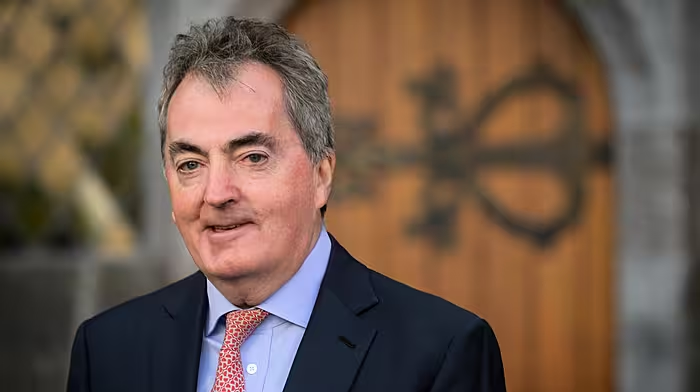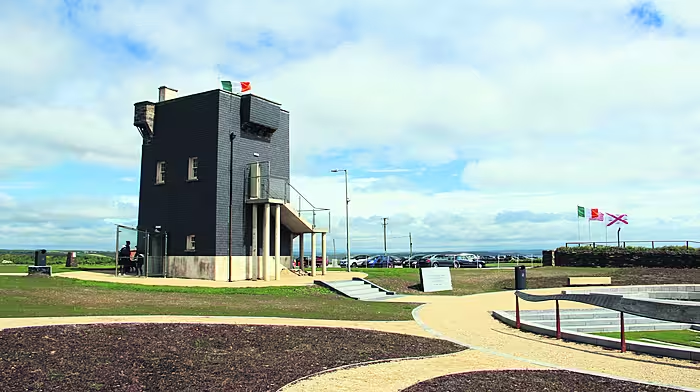Following the election on October 28th of right-wing Brazilian president-elect Jair Bolsonaro, fears are growing that the former army captain would row back on deforestation goals and wider climate commitments.
FOLLOWING the election on October 28th of right-wing Brazilian president-elect Jair Bolsonaro, who has close ties with the country’s huge agri-corporations, fears are growing that the former army captain would row back on deforestation goals and wider climate commitments.
The controversial 63-year-old new leader got just over 55% of the vote, beating his left-wing rival Fernando Haddad at the end of last month. Since his election, environmentalists and civil society groups have expressed fears that Brazil’s answer to the US President Donald Trump presents a danger to his country, but also to the planet.
During his campaign, he defended dictatorship and torture and joked about killing his left-wing opponents. In his victory speech, Bolsonaro declared ‘we cannot continue to flirt with socialism, with communism and with populism and with the extreme left.’
He has confirmed that he will maintain the Paris climate agreement, where the largest Latin American country set ambitious climate targets, but detractors fear he will cave into pressure from huge agri-corporations to destroy rainforests in the Amazon basis and allow deforestation – largely driven by demand for land to grow soybeans, exported to feed livestock – and expand cattle-ranching.
Such moves would make it impossible for the country to reduce its carbon footprint. South America’s largest economy is the biggest exporter of agricultural products to Europe.
On a more optimistic note, Bolsonaro has shelved previous plans to create a mega-Ministry for the Agriculture and Environment portfolios. Environmentalists condemned the proposed ‘super ministry’ plan as potentially damaging for the Amazon rainforest.
The new far-right style of governance – the first of its type in Brazil since its military dictatorship ended in the mid-1980s – will be revealed on January 1st. It will be interesting to see how the EU and other countries, such as the US, will interact with Brazil in the future.









